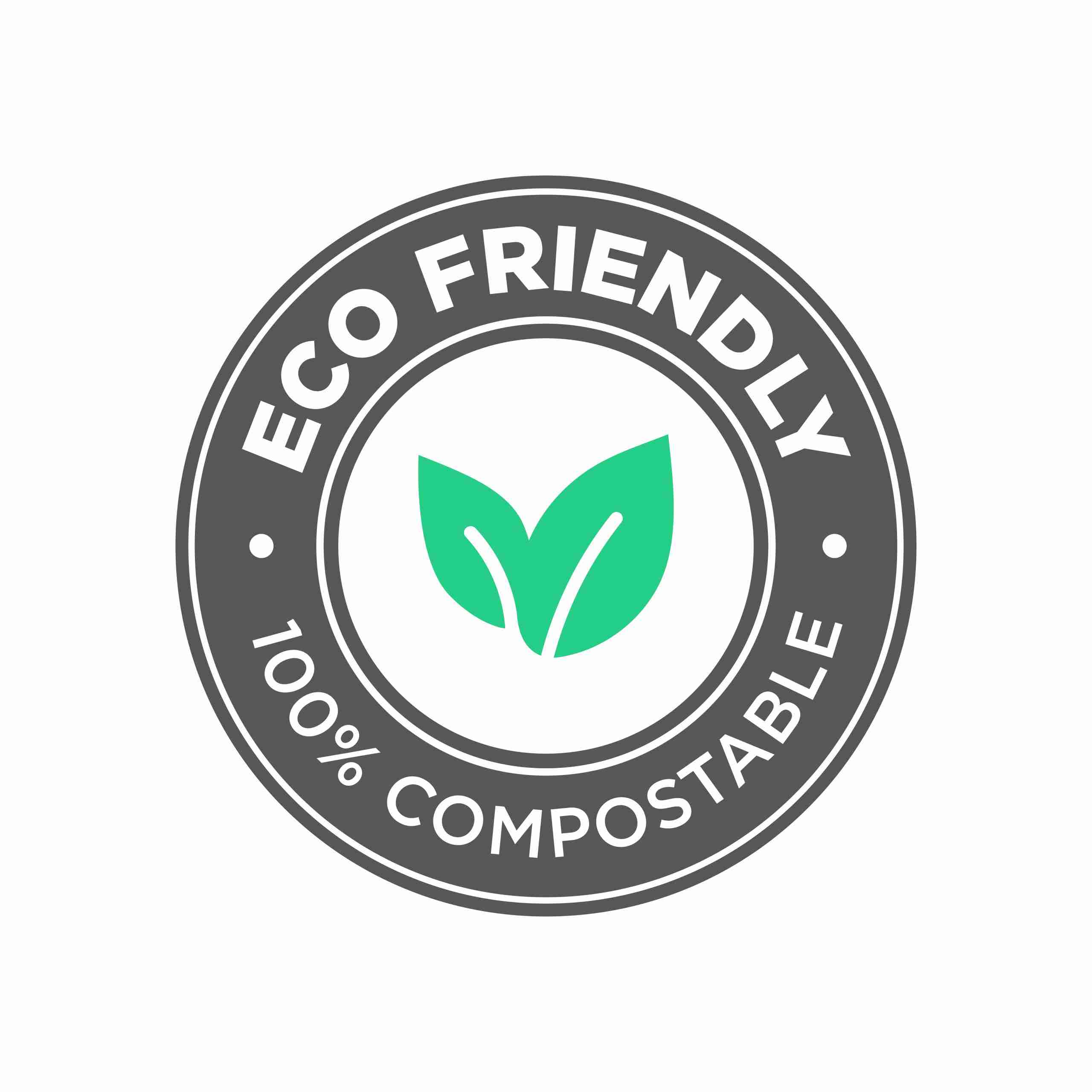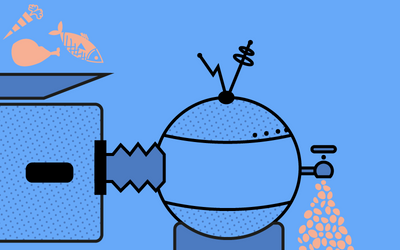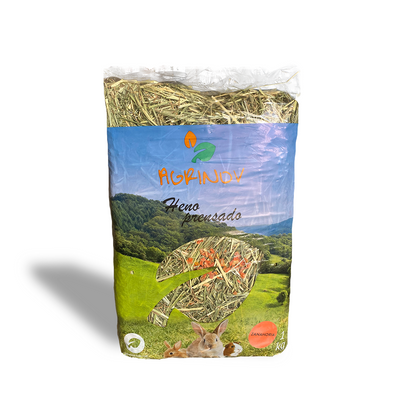We live surrounded by packaging. If we want to become aware and make our lives more sustainable, it is essential to know how the materials we buy affect the environment and how long they take to decompose.
Nowadays we can find a multitude of “ecological” packaging, but…
- Which of them leave the least footprint on our planet?
- What is the difference between a biodegradable and compostable bag?

It is the decisions of the vast majority of people that can really have an impact on the environment . Go to work on the bus or car, take a bag for each vegetable or put them all in one, buy a bag when we go to the supermarket or take it from home.
An example of this could be straws.
We can think that the plastic consumption that a person makes when using a straw is minimal.
However, at the beginning of 2020, a well-known fast food chain decided to eliminate plastic straws from its establishments.
The result was that it reduced its annual consumption of this material by 1,350 tons (you can read more about this news here ).
All this plastic saving was possible thanks to a small gesture from a food chain. Imagine how much you could save if other companies took similar measures.
It is increasingly common to find bags with a large green sign that says: “Biodegradable Bag” .
In addition, they are usually accompanied by an icon that leads one to think that it is an ecological product that has no impact on the environment.
![]()
But is that really true? Or are they just strategies to disguise the product before public opinion?
Unfortunately, in most cases it is nothing more than pure marketing.
If you want to know a little more about this topic, keep reading.
Are biodegradable and compostable the same thing? What difference there are?
What are biodegradable products?
A biodegradable product is one made with natural or synthetic materials that has the ability to biodegrade. That is, to get rid of it under the influence of biological factors .
What are biological factors?
They are agents such as temperature, acids, bacteria, UV (ultraviolet) radiation... These factors do not have to occur in nature under normal conditions.
Biodegradable plastic bags often require specialized landfills (with high temperatures or UV lamps) to decompose.
Another characteristic of biodegradable plastics is that they never completely disappear . When they decompose, they become microplastics . Microplastics are microscopic particles of this material that circulate in the environment. Furthermore, they are present in all living organisms. Including your body!
If you want to know more about microplastics. Visit this link .

What are compostable products?
An alternative to synthetic biodegradable containers and bags are those made with compostable materials .
These compostable products are manufactured with biopolymers obtained from organic matter . Corn starch, some polysaccharides and potato starch are some examples.
They are products present in nature. No plastic. Therefore, they are truly eco-friendly products .
These products break down under biological factors present in nature . Producing compost. Compost is a non-toxic organic product that is produced as a result of stabilizing and sanitizing organic waste. It is a magnificent natural fertilizer .
A container marked with the compostable label must comply with the European standard EN13432:2002 .
This standard specifies the requirements that the packaging must meet to be environmentally friendly.
Compostable is more ecological than biodegradable
After these small explanations, we can conclude that a compostable product is also biodegradable.
However, just because a product carries the biodegradable label does not always mean that it is ecological. If it is made of plastic, it will leave residues in the environment (microplastics).

If you have an ecological dilemma every time you pick up your furry dog's poop in a plastic bag, we have a solution for you.
At Paraíso Mascota we also don't like the abusive use of plastic, that's why we have found some ecological poop bags .
The 100% compostable excrement bags from the StarchBag brand.
- Made with corn starch
- They comply with European regulations EN 13432
- They have OK Compost Industrial and OK Compost Home certificates, that is, they decompose in a home composter.
In this article we explain the differences between compostable and biodegradable products. As we have mentioned before, it is in our hands to help take care of the planet. A small gesture makes a difference.
If you have any questions, questions or simply need more information, do not hesitate to call us or send us a WhatsApp!











